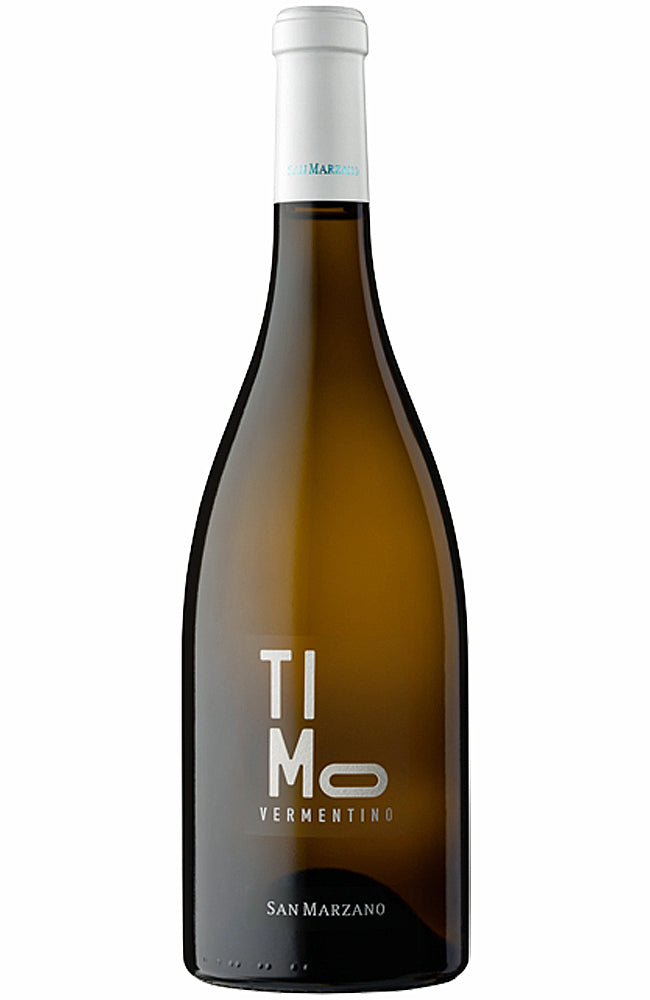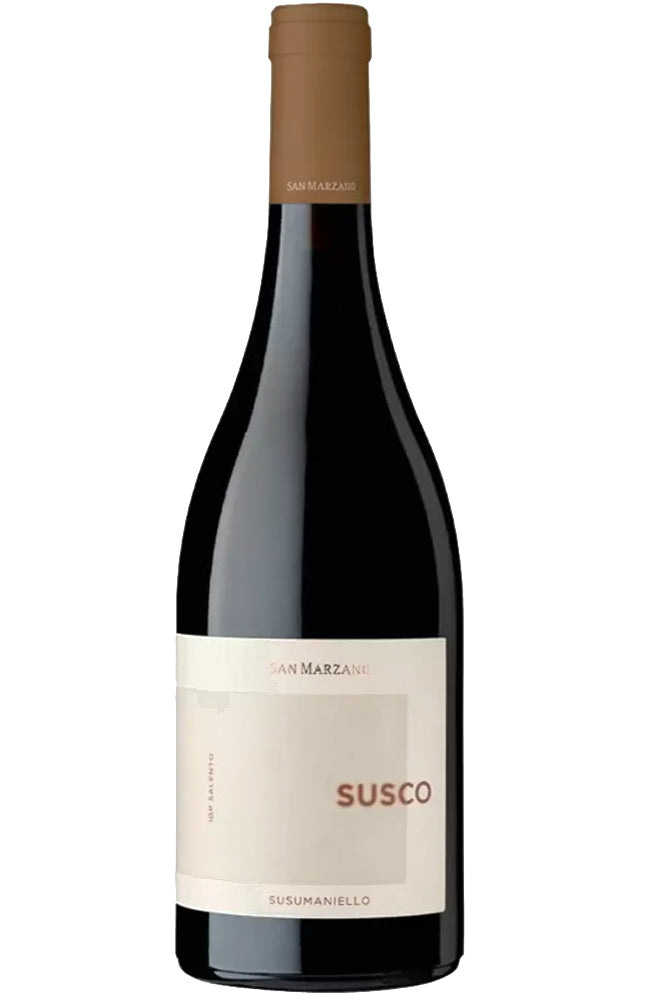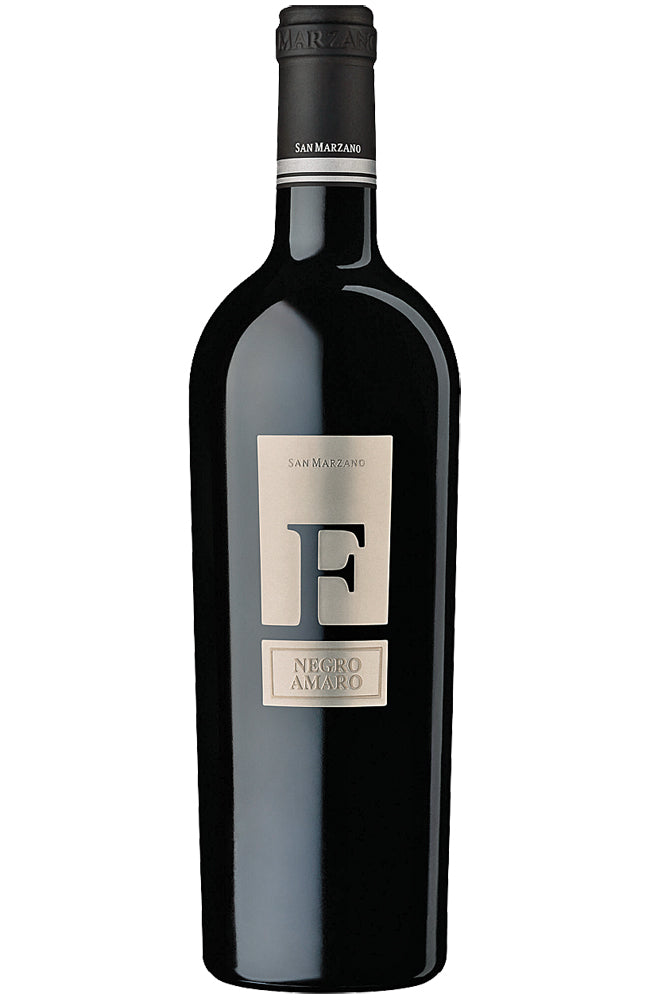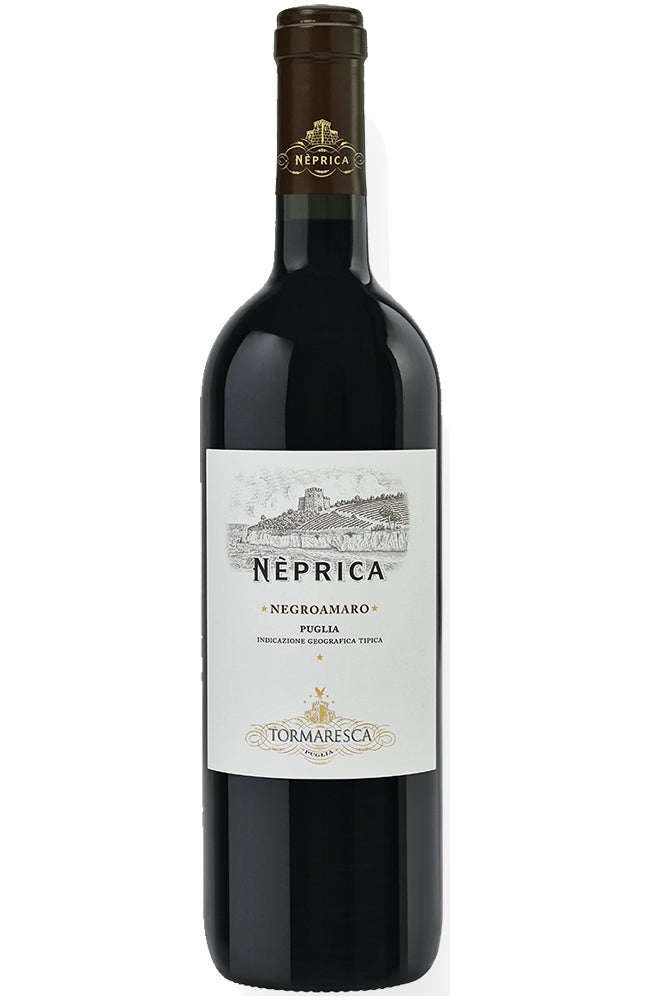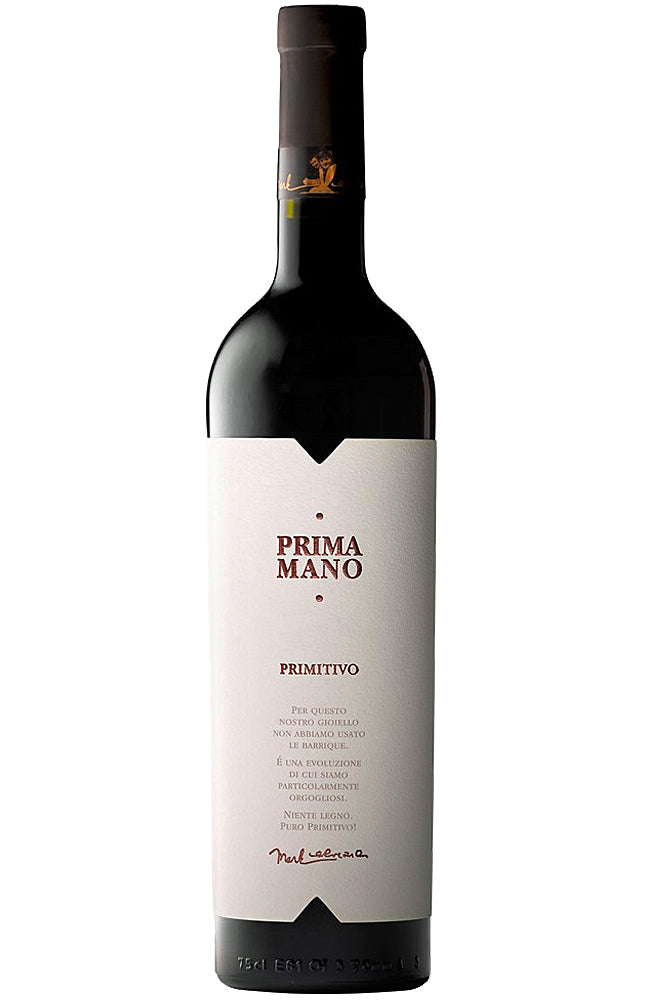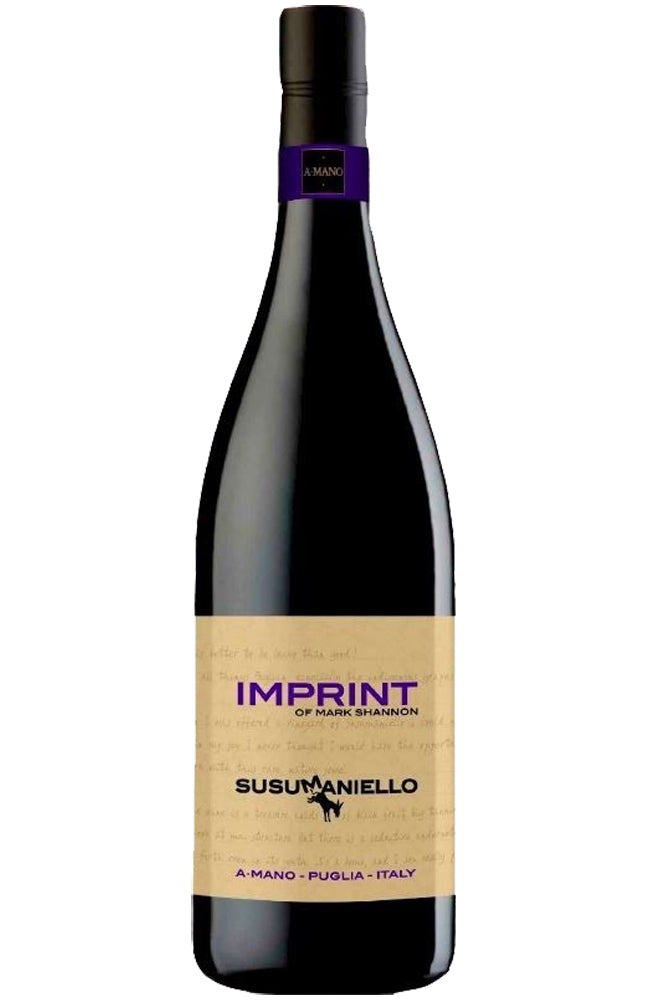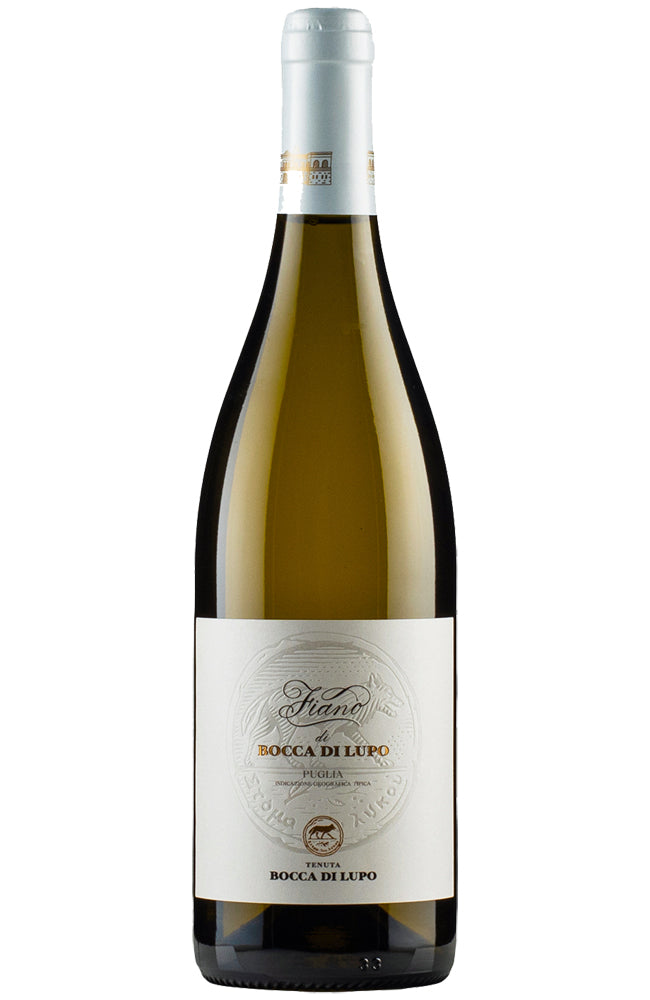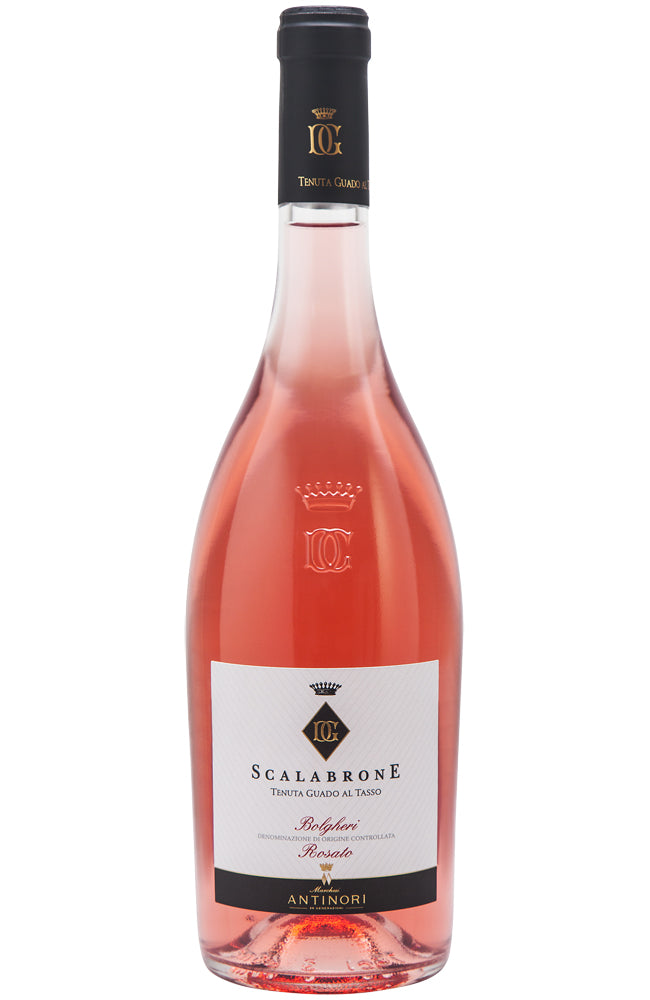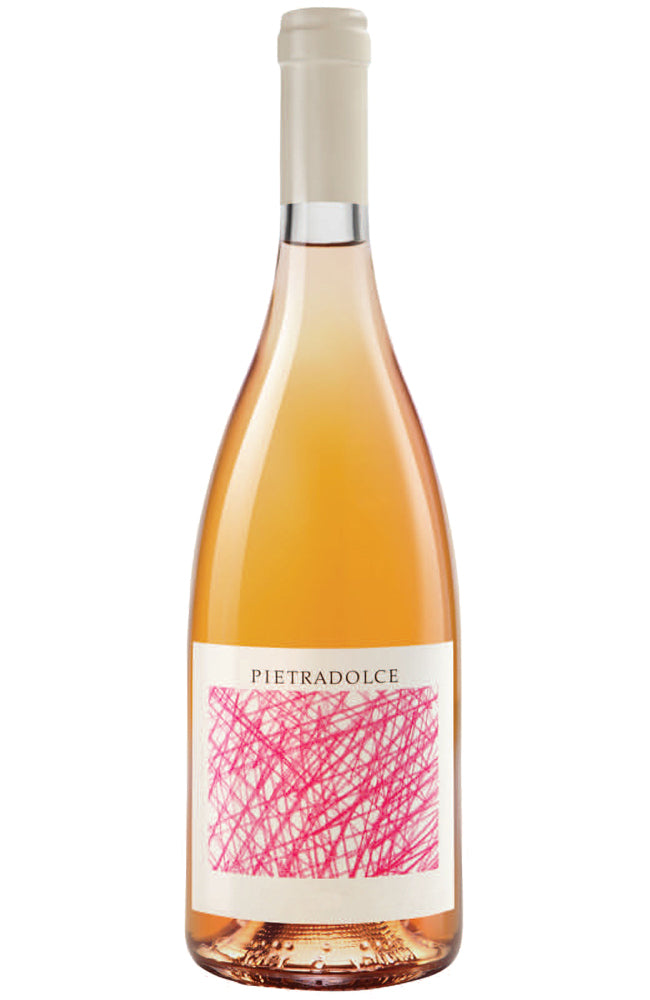San Marzano Tramari Primitivo Rosé 2024
The Tramari rosé from San Marzano is made from the popular Italian red grape variety, Primitivo grown in the Salento region of Puglia at 100 metres above sea level. Tramari is a softly coloured rosé with intense aromas of wild cherries and raspberries, combined with an attractive hint of Mediterranean maquis - the local aromatic shrub land. Elegantly styled and slightly off-dry, with a refreshing finish.







